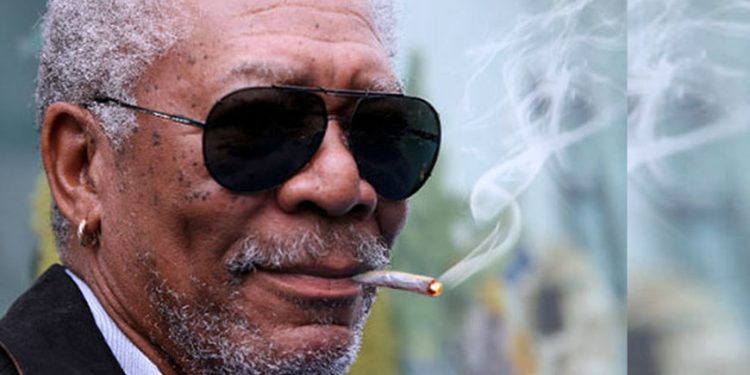For a country like Nigeria, where Marijuana is illegal, the idea of the number of people that smoke keeps surging as I navigate everyday life. Despite police scrutiny and ‘cultured’ society banters, there’s still a lot of weed and a friend, family member, neighbor or sex partner is a beneficiary of this economy. Or even you. My bullet point, do you ever fall into those moments where you think you’re consuming excess weed or figure out that the drug makes you unproductive and draggy or even see yourself as a junkie? I’m sure most people can relate.
I’ll break it down, being physically dependent on marijuana is not the same as being psychologically addicted to it.Physical dependence has to do with the body, while psychological addiction has to do with the behaviors associated with the use of the drug. For physically-dependent persons, there are noticeable withdrawal symptoms when THC level is drastically reduced. To recognize a physically-dependent addict or run a self-test, these are the signs you should look out for
disorientation, dizziness, drowsiness, forgetfulness, impaired learning, increased appetite (munches), laughing without reason, mood changes and red, bloodshot eyes.
For psychologically addicted potheads, they often time lose self-control when there’s a drug deficit. It’s really hard for addicts to abstain from their substances trust me. These individuals display compulsive behavior, constant cravings and urges when off the drug, inability to quit, obsessive thinking about how to get marijuana and they have an indifferent feeling about work, school, home and tend to feel in danger when the supplies are low.
In order to address any type of addiction properly, keep in mind that physical dependence is different than psychological addiction. The withdrawal symptoms associated with acute marijuana detox include anxiety, depression, drug craving, headache, increased aggression, irritability and sleeping difficulties.

After withdrawal, what follows next includes behavioral and psychological therapy. These types of therapies can take the form of motivational enhancement therapy (MET), group or family therapy, individual cognitive-behavioral therapy (CBT), contingency management (CM) and/or attendance at support groups. The aim of this stage of treatment is to encourage the individual to stay off the drug and deal with cravings, adopt positive thinking and habits.
If you find yourself in any of both sides, the first thing to do is to talk ahead of it. Potheads never want to accept that they getting addicted. If you can’t afford professional consultancy then you should talk to someone close, this helps you start taking steps that will help you treat your addiction. Yes, marijuana addiction can be treated. If you’ve tried stopping on your own and you failed, then it’s time you looked for help. Based on your overall health condition and the level of addiction and or dependency, a doctor can make a good judgment as to how safe and effective treatment at home may be. A doctor can also prescribe prescription medications or recommend OTC treatment to ease the symptoms. Plus, they always have resources to direct you to.
If you’re being cost effective about your treatment (I mean, broke), then you should think about changing your daily routines. Find out the times that make you idle or drift towards using the drug, stay away from smoking sessions with other junkies and keep yourself mentally ready. As much as help, medication, and abstinence are effective measures, you should also keep yourself in check, understanding that the only person that can make your weed break or recuperation process successfully.


